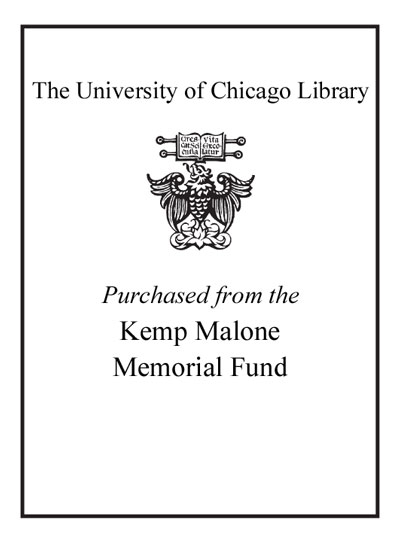| Summary: | This book traces the development of the ideal of sincerity from its origins in Anglo-Saxon monasteries to its eventual currency in fifteenth-century familiar letters. Beginning by positioning sincerity as an ideology at the intersection of historical pragmatics and the history of emotions, the author demonstrates how changes in the relationship between outward expression and inward emotions changed English language and literature. While the early chapters reveal that the notion of sincerity was a Christian intervention previously absent from Germanic culture, the latter part of the book provides more focused studies of contrition and love. In doing so, the author argues that under the rubric of courtesy these idealized emotions influenced English in terms of its everyday pragmatics and literary style.
|
|---|

